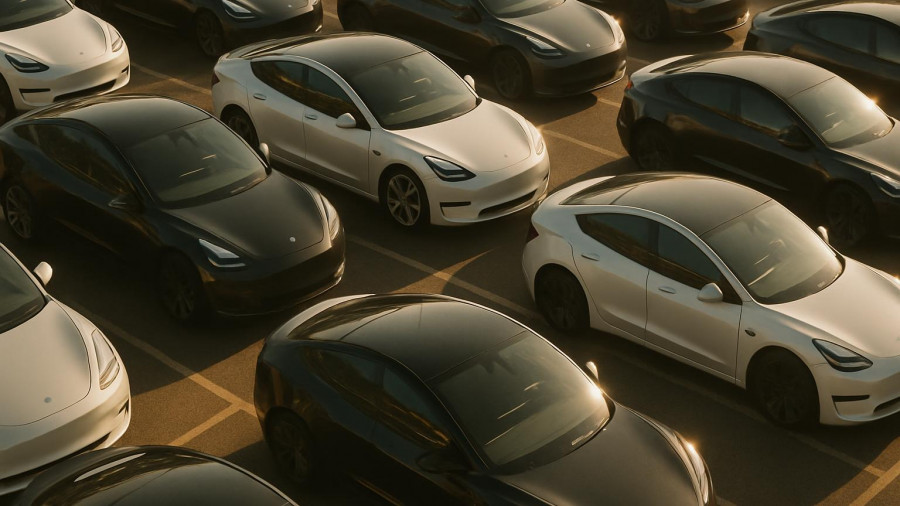
Turning Idle Teslas into a Global AI Supercomputer
In a bold vision articulated during Tesla's Q3 earnings call, Elon Musk proposed a unique solution for underutilized Teslas: transforming parked and idle vehicles into a massive distributed computing network capable of supporting artificial intelligence tasks. This groundbreaking idea builds on the enormous processing power housed within each Tesla, allowing these electric vehicles (EVs) to contribute to a global cloud computing network while they're not in use.
The Computing Potential of Electric Vehicles
Each Tesla vehicle is equipped with advanced computer systems designed to enable self-driving capabilities. According to Musk, when these vehicles are stationary, they resemble supercomputers in hibernation, wasting valuable processing power. By tapping into this dormant capacity, Tesla could create a distributed network that processes complex computations for AI applications, handling tasks such as machine learning model training or inference from data analytics.
Challenges to Overcome for a New Era of Inference Computing
Despite the technical feasibility of Musk's vision, numerous challenges lie ahead. Firstly, Tesla would need to convince vehicle owners to participate in this initiative. Concerns about battery life, charging costs, and data privacy remain significant barriers. Each vehicle could consume power during its idle time, potentially affecting the battery's range and longevity when reactivated. Furthermore, ensuring the security of data processed through individual vehicles would be paramount to gain the trust of users and regulatory bodies alike.
Realizing the Vision of a Distributed AI Fleet
Estimates suggest that, with participation from just a fraction of the 7.2 million Teslas sold to date, the fleet could generate an impressive 100 gigawatts of processing power collectively. This scale could rival traditional data centers but without the immense infrastructure costs. Musk's vision aligns with previous models of distributed computing such as SETI@home, indicating a shift in the landscape of cloud computing.
The Future of Tesla: More Than Just Vehicles
If successful, this initiative could reframe Tesla as not only a car manufacturer but an influential player in the AI and computing sector. As Musk suggested, allowing cars to operate as a decentralized computing resource could unlock significant economic value, generating revenue by providing high-performance AI processing to businesses or researchers. The synergy between Tesla’s existing infrastructure and its advanced technologies positions the company to lead in this pioneering domain.
Implications for AI and Environment
The environmental implications are equally compelling. Not only would this system leverage existing vehicles to reduce reliance on traditional data centers, which consume vast amounts of energy, but it could also optimize the use of renewable energy sources. As parked Teslas are charged from home solar installations or other renewable sources, they would further lessen the carbon footprint associated with computational activities.
In Conclusion: Why This Matters Now
Elon Musk’s proposal is a radical and exciting leap into a future where everyday vehicles participate in AI processing tasks. As technological challenges are solved and infrastructure is developed, the potential for such a network could redefine what we think about both cars and computing. The concept holds promise not only for Tesla but also for the entire landscape of distributed computing, AI applications, and energy efficiency. This innovative approach to harnessing idle resources could indeed reshape industries, making our world smarter and more efficient.
 Add Row
Add Row  Add
Add 




Write A Comment